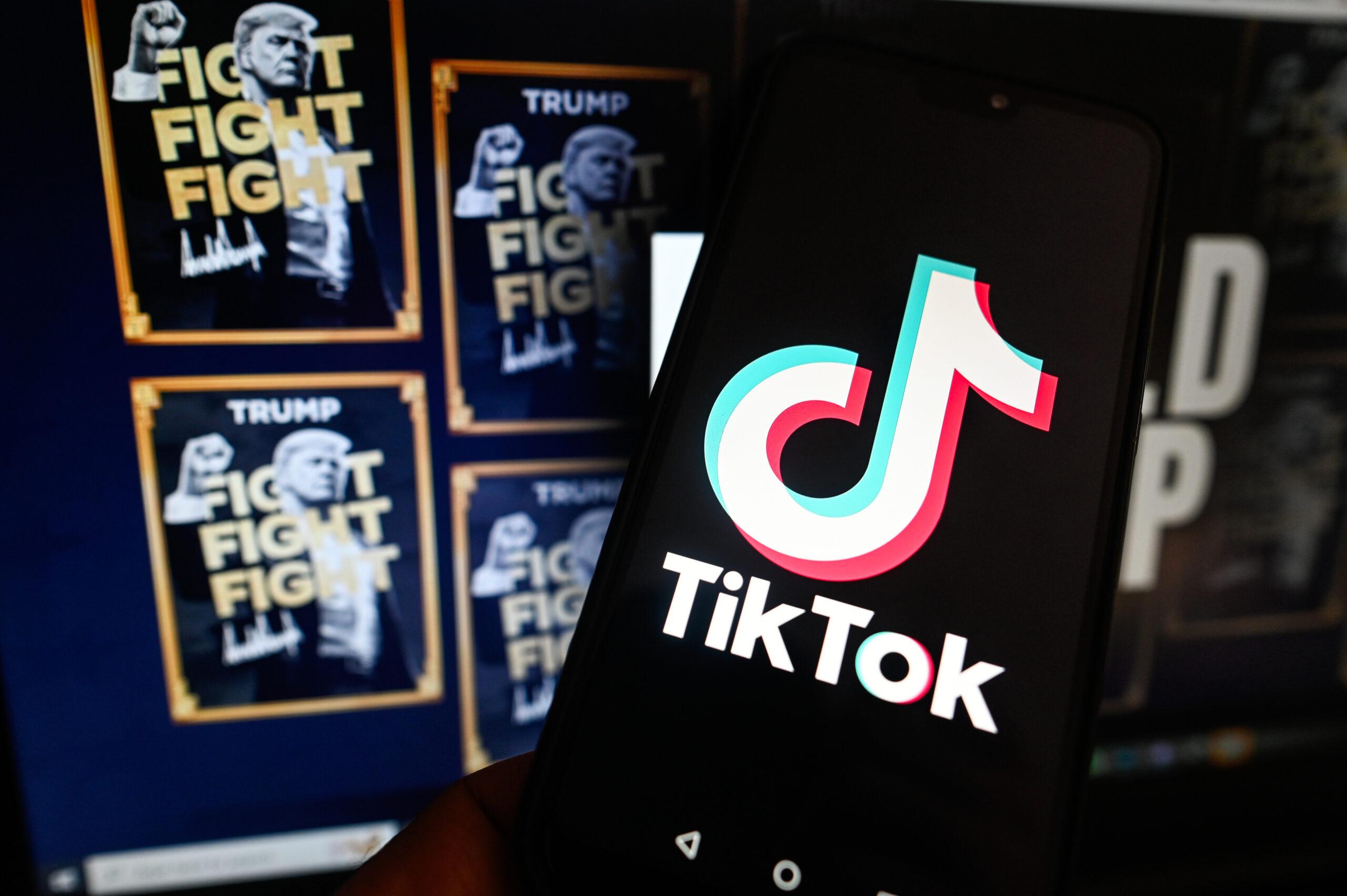
Hosts
About the episode
Today, tech talk with an old friend of the pod, Kevin Roose of The New York Times, who is also host of the Hard Fork podcast.
This is a show about everything. And it’s going to remain a show about everything because I’m a little bit interested in everything. But one cost of that purposeful lack of narrow focus is that sometimes you fail to communicate the gravity of the important things that are happening in the world.
And at the moment, I think some of the most important stories in the world are in tech—and more specifically, in the relationship between government and technology. A relationship that is closer now than it’s been in many decades.
We begin with TikTok—the most popular source of news for Gen Z in America and the most downloaded mobile app in the world in 2024. Last year a bipartisan bill signed by Joe Biden demanded that the parent company of TikTok, which is the Chinese firm ByteDance, sell its American business or else face a ban. Well, today, TikTok is legally banned in America, and also in broad use, because Donald Trump—the man who called for banning the app in 2020—saved it in 2025 by essentially declaring that he won’t uphold the law.
We then spend most of this episode talking about the crescendo of predictions from Silicon Valley that the AI frontier is nearing a breakthrough. In the past few weeks, members of OpenAI, Anthropic, and other frontier labs have claimed that they are less than three years away from building AI agents that are, to borrow their language, better than humans at everything. I ask Kevin how widespread these predictions are, whether we should believe them, what it would mean if they’re right, why they might be wrong, what’s the biggest bottleneck still standing in their way, and why it’s so hard for the news media to report responsibly on a story like this, where we’re asked to take seriously the economy-shifting potential of a technology that we can’t actually report on because it doesn’t actually exist.
And then, because I’m also completely bewildered by the bonfires of corruption that are erupting in crypto-land, we close on crypto.
If you have questions, observations, or ideas for future episodes, email us at PlainEnglish@Spotify.com.
Summary
In the following excerpt, Derek runs through a brief history of the TikTok ban before Kevin Roose shares his thoughts on the case for banning the social media app.
Derek Thompson: It’s been a while since we had you on, and probably for that very reason, it’s been a while since we had a proper tech news update. So I wanted to hit TikTok. I want to hit the spooky murmurings coming out of AI land, and then, if we have time, maybe I’ll take your thoughts on crypto too. But let’s start on TikTok. A brief recap. In 2020, Trump said he wanted to ban the app. Joe Biden signed a piece of legislation that did ban TikTok if they failed to sell their domestic business to a firm domiciled in the U.S. TikTok did not do so. TikTok sued. They lost in court. The company was or is by the letter of the law illegal in the U.S. now. And yet, when my wife tried on Sunday to open TikTok on her phone, she found that in fact she could because the president has signed an executive order that has essentially said that, a little bit like cannabis, TikTok is both technically federally illegal but also that’s just not going to be enforced in broad swaths of the U.S. or pretty much anywhere. And so people are going to continue to use it.
I’m very interested in the argument over whether or not TikTok belongs in America, and I wonder if you can help me understand the smartest arguments for and against banning Chinese ownership of the app. Kevin, let’s start here. What is the case for banning TikTok?
Kevin Roose: The case for banning TikTok is that it is owned by ByteDance, a Chinese company; that Chinese companies, we know, are subject to the data use laws of the Chinese government; that they are in fact inextricably linked to the Chinese government; and that the Chinese government has pretty much carte blanche to do with Chinese-based internet companies what it wants. There’s a less sophisticated version of this argument that goes something like TikTok is a tool of Chinese espionage that is being used to spy on Americans and track their movements and steal their data. The more sophisticated version of that argument is that we just don’t know what China is doing or will do with TikTok given how important it is to millions of Americans. It could be used to covertly push propaganda or pro-Chinese or anti-American viewpoints into the American cultural bloodstream.
And we have laws restricting foreign ownership of U.S. media companies right now. If a Chinese billionaire wanted to buy The New York Times or The Atlantic or The Wall Street Journal, they would not be allowed to do that without special dispensation. And so we have long recognized as a country the importance of having sovereignty over the media outlets and platforms where Americans get their news and information. And TikTok we know is, despite what it may claim, controlled by ByteDance, which is a Chinese company and subject to all the same rules and restrictions that Chinese internet companies are.
Thompson: The metaphor that I’ve always found persuasive is that the U.S. would never in 1971 allow the Soviet Union to buy CBS or The New York Times. So by the same token, it seems like we have a vested national security interest in ensuring that the people who own the most popular source of news for young Americans are not our geopolitical adversaries or under the thumb of our geopolitical adversaries in the Chinese Communist Party.
Before we touch on the case against banning TikTok, I want to re-circle the question of espionage. So J.P. Morgan’s Michael Cembalest, who was my guest a few weeks ago on this show talking about economics, he’s pointed out that Chinese espionage has surged in the last few years to the extent that intelligence services around the world now believe that thousands of individuals associated with American military supply chains have been or are being spied on by Chinese government.
Are you persuaded by the claim that TikTok makes it easier for the CCP to spy on Americans?
Roose: Yeah, I mean, I’m definitely persuaded that there’s Chinese espionage happening and attempts to hack into various forms of information on Americans. I’m just not persuaded that TikTok is the best way that you would do that if you were the CCP looking to spy on Americans. I think the amount and the quality of data that is shared with TikTok by the people who use it—I mean, I’m just trying to think if a CCP espionage agent were to try to spy on me through my TikTok algorithm, they would learn that I like cooking videos. They would learn that I’m into tennis. They would learn that I have insomnia. But they wouldn’t get my social security number or my credit card number or anything that could really be used to compromise me. There are much more effective ways of doing that if you are a Chinese spy.
My argument is not about the motivation to do it; it is simply about the efficacy of doing it through TikTok if you are the CCP.
Host: Derek Thompson
Guest: Kevin Roose
Producer: Devon Baroldi

